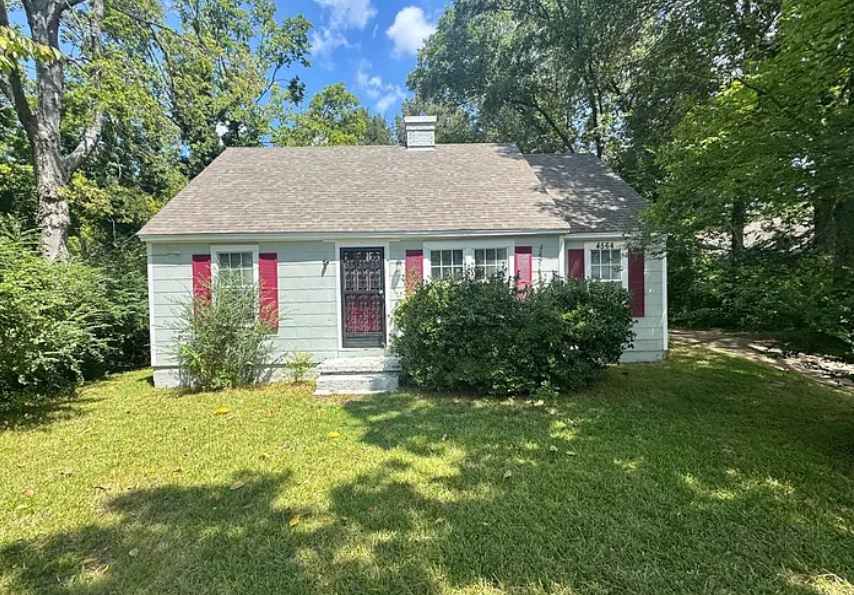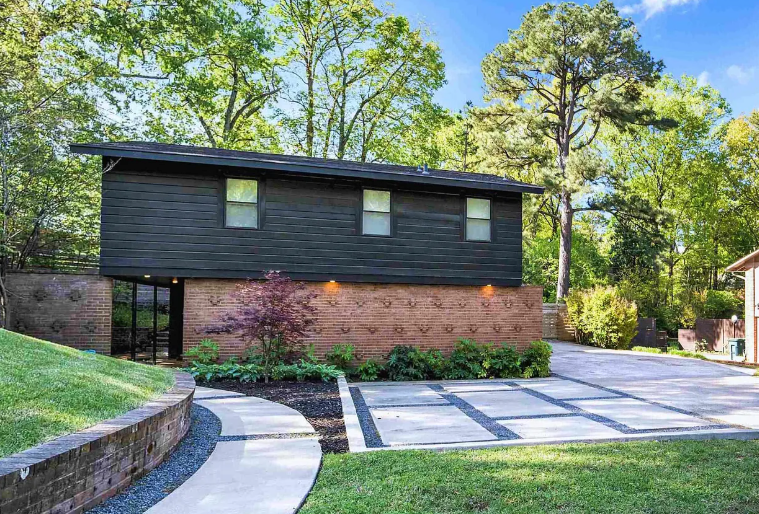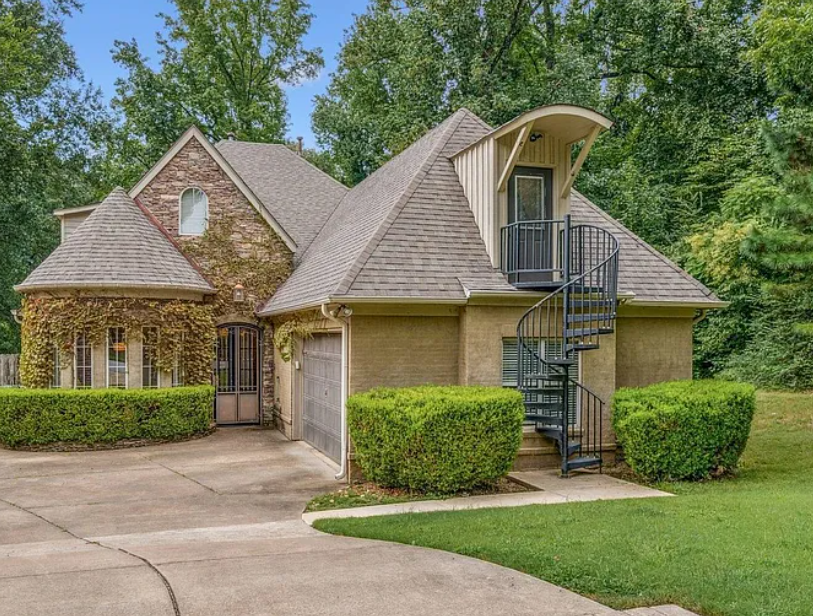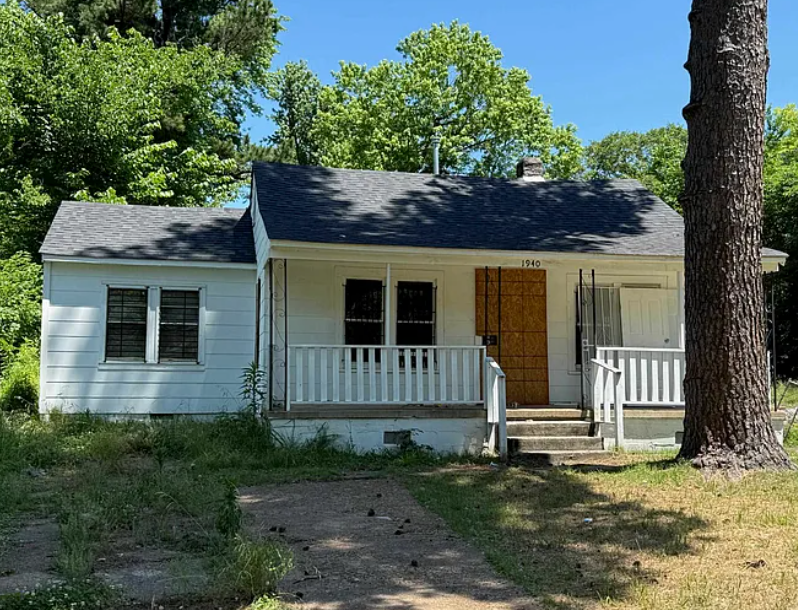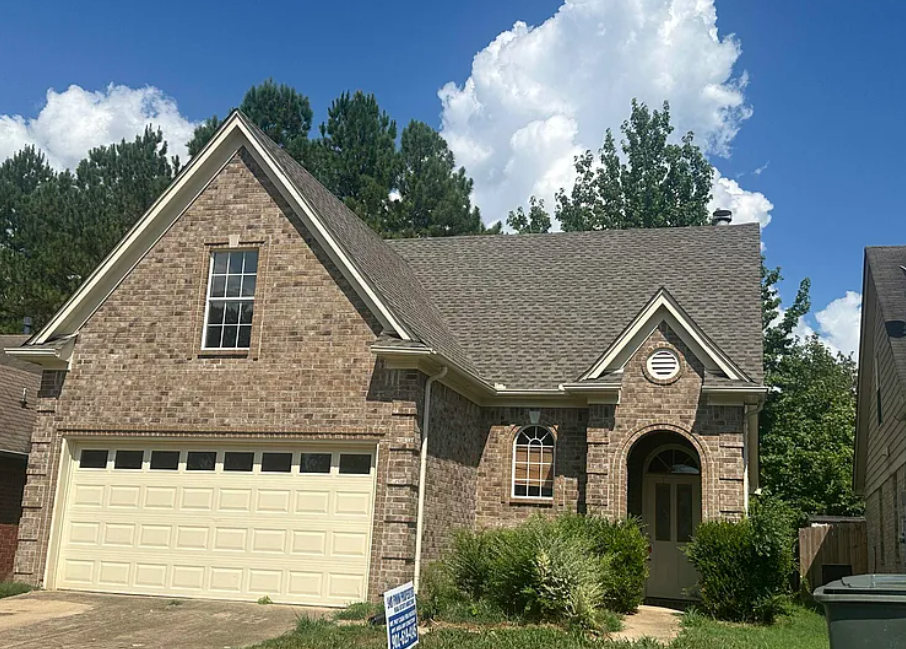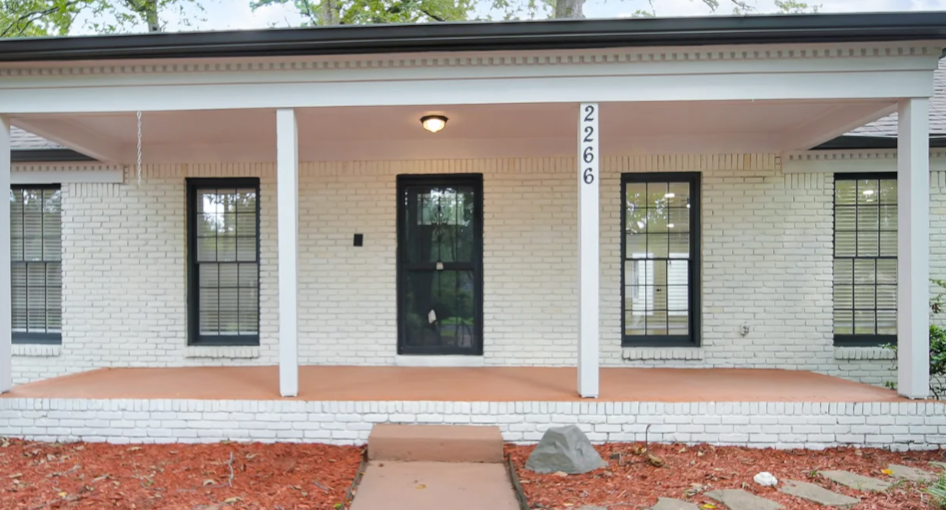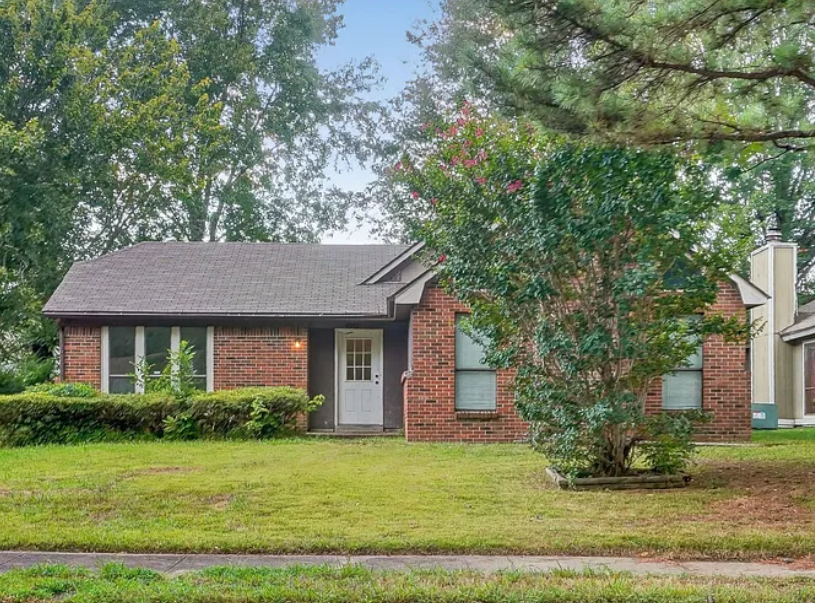How to Avoid Foreclosure in Memphis, TN: Your Guide to Staying in Your Home
Learn how to avoid foreclosure in Memphis, TN. Explore options like loan modifications, selling your home, and legal advice to stay in your house.

Facing foreclosure in Memphis, TN can feel like a huge weight. It’s easy to feel overwhelmed, but the good news is you have options. Many homeowners find themselves in this situation, and knowing the steps you can take is the first part of getting back on track. This guide is here to help you understand how to avoid foreclosure in Memphis, TN and keep your home.
Key Takeaways
- Understand the foreclosure process in Memphis and act fast when you miss payments.
- Talk to your mortgage lender right away to explore options like repayment plans or loan modifications.
- Consider legal steps like bankruptcy or suing your lender if other options fail, but seek legal advice first.
- Explore selling your home as-is for cash or doing a short sale if keeping the home isn't possible.
- Get help from HUD-approved housing counselors and understand Tennessee's foreclosure laws.
Understanding Your Foreclosure Options in Memphis TN
Facing foreclosure in Memphis can feel like a really scary situation, and it's easy to feel overwhelmed. But knowing what your options are and taking the right steps can make a big difference. It’s important to understand the process so you can take control.
Recognizing the Foreclosure Process
Foreclosure happens when a lender takes back your home because you haven't been making your mortgage payments. It usually starts with a notice that you've missed payments. If you can't catch up, the lender will typically go to court to get permission to sell your house. Once that's approved, your home is sold at an auction, and you'll have to move out. This whole process can really mess up your life and your credit score, making it harder to get loans or buy another place later on. The process can move pretty fast, so it’s best to act as soon as you know you might be at risk.
Assessing Your Financial Standing
Sometimes, a few financial adjustments are all you need. Take a good, hard look at your income and what you're spending. Figure out why you're having trouble with your mortgage payments. Making a budget can show you where your money is going and where you might be able to cut back. It’s also a good idea to set up reminders so you don’t miss any payments. These habits can help you see if you can realistically catch up or if you need to look at other solutions. Plus, they’ll help you stay out of debt down the road.
The Importance of Prompt Action
Ignoring the problem won't make it go away. The most important thing you can do is act quickly. Don't ignore letters or calls from your lender, even if it's hard to deal with. Staying informed about your rights and the laws in Tennessee is also key, as each state has different rules. Knowing these details can help you take the right steps. It can be really confusing, though, and that's where getting help comes in.
Communicating with Your Lender to Avoid Foreclosure

Falling behind on your mortgage payments can be scary, but ignoring the problem won't make it go away. In fact, it usually makes things worse. The absolute first thing you should do when you realize you might have trouble making your mortgage payment is to pick up the phone and call your lender. Seriously, don't wait for them to call you or send scary letters. Reach out to them as soon as you can. They actually want to help you keep your home, because going through the foreclosure process is a hassle and costs them money too.
Initiating Contact with Your Mortgage Provider
When you call your lender, be ready to explain your situation honestly. Did you lose your job? Are you dealing with unexpected medical bills? The more information you can give them, the better they can understand what you’re going through. Be proactive and open about your financial difficulties. It shows you're serious about finding a solution.
Exploring Repayment Plans and Forbearance
Your lender might offer a few different options to help you get back on track. One common solution is a repayment plan. This means you catch up on the missed payments over a period of time, usually by paying a little extra each month. Another option is forbearance. This is where they temporarily pause or reduce your payments for a set amount of time. It’s important to remember that forbearance isn't forgiveness; you'll still owe that money, but it gives you breathing room to get your finances in order.
Here’s a quick look at what these might involve:
- Repayment Plan: You pay your regular monthly payment plus an additional amount to cover past-due amounts. This is spread out over several months.
- Forbearance: Payments are paused or reduced for a specific period (e.g., 3-6 months). The missed payments are typically due as a lump sum or added to the end of your loan term.
It's always a good idea to get any agreement you make with your lender in writing. This way, there's no confusion about the terms later on.
Negotiating a Loan Modification
If a repayment plan or forbearance isn't enough, you might be able to get a loan modification. This is a more permanent change to your loan terms. They might lower your interest rate, extend the length of your loan, or even reduce the amount you owe. A loan modification can make your monthly payments more affordable in the long run. It’s definitely worth asking your lender if this is something you qualify for. They might have specific programs or government initiatives they can use to help you out.
Legal Avenues to Prevent Foreclosure in Memphis
Facing foreclosure in Memphis can feel like a really tough spot to be in, but there are legal paths you can explore to try and keep your home. It's not always about just giving up; sometimes, a well-timed legal move can make all the difference. Understanding these options is key to taking control of your situation.
Filing for Bankruptcy Protection
If you're really up against the clock with foreclosure proceedings, filing for bankruptcy can be a powerful tool. When you file, an 'automatic stay' goes into effect by law. This basically tells your lender to hit the pause button on collecting debts, including stopping any foreclosure actions. It's not a magic wand, as your lender might ask the court to lift the stay, but even if they do, it usually buys you at least a month. This extra time is invaluable for figuring out your next steps, whether that's negotiating with your lender or exploring other solutions.
Challenging Lender Actions Through Lawsuits
If your lender is using a nonjudicial foreclosure process, you might have grounds to file a lawsuit in a Memphis court. This is more complicated if the foreclosure is already judicial, as a judge has likely already made a ruling. To succeed, you'll need to show that the lender hasn't followed the rules. This could include not adhering to Tennessee's mediation requirements, failing to prove they own your mortgage note, violating homeowner rights, or making significant errors in the foreclosure process itself. However, be aware that lawsuits are costly and there's no guarantee you'll win. Losing could mean delays but also significant legal fees, and in some cases, you might even have to cover the lender's legal costs if the judge deems your case frivolous.
Seeking Counsel from a Memphis Attorney
Sometimes, the best way to understand your legal options is to talk to someone who knows the ins and outs of foreclosure law in Memphis. Reaching out to a local attorney who specializes in foreclosure or bankruptcy can be a smart move. Many offer free initial consultations, which is a great way to get a feel for their experience and see if they can help with your specific situation. They can explain the complexities of state laws, your rights, and the best legal strategies available to you. Don't go it alone if you don't have to; professional guidance can be a game-changer.
Alternative Solutions for Homeowners Facing Foreclosure
Sometimes, even with the best efforts, keeping your home might not be the most practical path forward. When that happens, exploring alternative solutions can help you avoid the damaging effects of a full foreclosure. These options can provide a more controlled exit and potentially set you up for a better financial future.
Selling Your Home As-Is for Cash
If your home needs significant repairs or you're in a hurry, selling your property "as-is" for cash can be a quick way to get out from under your mortgage. Local investors or cash-buying companies often purchase homes in their current condition, meaning you won't have to worry about making repairs or dealing with showings. While you might not get top dollar compared to a traditional sale, the speed and convenience can be a major advantage when facing foreclosure.
Considering a Short Sale
A short sale is when you sell your home for less than what you owe on the mortgage. This requires your lender's approval, but if granted, it can be a way to avoid foreclosure and the severe credit damage that comes with it. The lender agrees to accept the sale price, even though it doesn't cover the full loan balance. This process can be complex, so understanding the implications for your credit and future borrowing is important.
Refinancing Your Mortgage
Refinancing involves getting a new mortgage to pay off your existing one. If your financial situation has improved or interest rates have dropped significantly since you took out your original loan, refinancing could lower your monthly payments or change the loan terms to something more manageable. It's a way to get back on track with your payments and stay in your home, but it requires you to qualify for the new loan based on your current creditworthiness and income.
Seeking Expert Guidance to Avoid Foreclosure
It's easy to feel alone when you're facing foreclosure, but you're definitely not. There are people and programs out there specifically designed to help homeowners in Memphis who are struggling with their mortgage payments. Sometimes, just knowing your options can make a huge difference. Don't try to figure it all out by yourself; getting some professional advice can really set you on the right path.
Consulting HUD-Approved Housing Counselors
One of the best places to start is with a HUD-approved housing counselor. These folks are trained to help people just like you understand their situation and figure out what steps to take next. They can look at your finances, explain your options, and even help you talk to your lender. It's like having a guide through a really confusing maze. They can help you understand things like loan modifications or repayment plans. You can find a local counselor through the Department of Housing and Urban Development's website. It's a free service, so there's no reason not to take advantage of it.
Understanding Your Rights and State Laws
Knowing your rights as a homeowner in Tennessee is super important. Foreclosure laws can be complicated, and lenders have to follow specific procedures. Understanding these rules can help you spot if your lender isn't playing by the book. For instance, you have a right to receive proper notice before foreclosure proceedings can begin. Also, Tennessee has specific laws about how foreclosures are handled, whether it's through a judicial or non-judicial process. This knowledge can be a powerful tool when you're trying to work things out with your lender or if you need to take legal action. You can often find information about Tennessee's foreclosure laws through state government websites or legal aid organizations.
Leveraging Expert Advice for Your Situation
Beyond counselors, there are other experts who can help. Attorneys specializing in foreclosure defense can be incredibly useful, especially if your situation is already in the courts. They can represent you and fight for your rights. Sometimes, a bankruptcy filing can stop foreclosure in its tracks, and a bankruptcy attorney can guide you through that process. Remember, the goal is to find the best solution for your specific circumstances. Don't be afraid to ask questions and make sure you feel comfortable with the advice you're getting. Getting professional help is a smart move when you're trying to keep your home in Memphis. If you're considering bankruptcy, understanding how Chapter 13 bankruptcy works can be a critical step in halting foreclosure.
Moving Forward After Facing Foreclosure Worries
Dealing with the possibility of foreclosure in Memphis is tough, no doubt about it. But remember, you're not stuck without choices. We've talked about talking to your lender right away, looking into loan changes, and even getting some legal advice. Sometimes, selling the house quickly for cash is the best way to get a fresh start. The main thing is not to wait. Taking action, even small steps, can make a big difference in keeping your home or at least easing the stress of the situation. You've got this.
Frequently Asked Questions
What exactly is foreclosure?
When you can't make your mortgage payments, the bank can take your house back. This process usually starts after you miss a few payments. The lender will send you a notice, and if you can't catch up, they might ask a court to sell your home at an auction. It's important to act fast because this can hurt your credit and make it hard to get loans later.
Can I really stop foreclosure if I'm already behind on payments?
Yes, you have options! The first step is to talk to your lender right away. They might offer a plan to help you catch up, like a different payment schedule or a temporary pause on payments. You can also look into changing your loan terms (a loan modification) to make payments more affordable. Don't ignore their calls or letters!
Why is it so important to talk to my lender?
Talking to your lender is super important. Ignoring the problem makes it worse. Open all your mail from them and call them as soon as you know you're having trouble. Many lenders want to help you keep your home and will work with you if you communicate openly.
What if I can't afford to keep my house and need to sell it?
You can try selling your house quickly for cash, even if it needs repairs or you owe more than it's worth. This is called an 'as-is' sale. A real estate investor can buy it from you before the foreclosure is final, giving you cash and letting you move on without the stress.
Where can I find free help or advice?
Yes, you can get help! Organizations like HUD-approved housing counselors can guide you through your options and explain the rules. They offer free advice to help you understand mortgages and avoid foreclosure. It's smart to seek out experts who know the system.
How does bankruptcy help with foreclosure?
Filing for bankruptcy can immediately stop foreclosure because of a rule called an 'automatic stay.' This gives you time to figure things out. However, bankruptcy can negatively affect your credit score for a long time, so it's a big decision to consider carefully.
Request Your Offer Now
